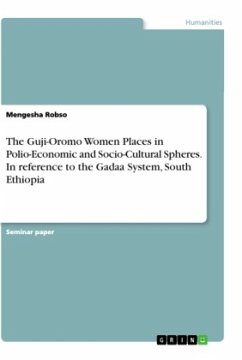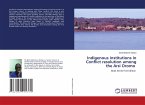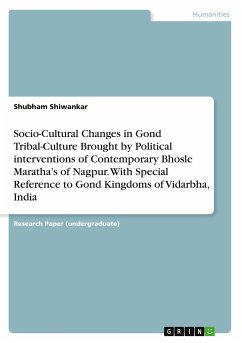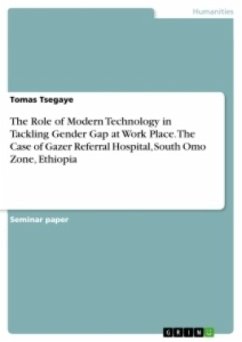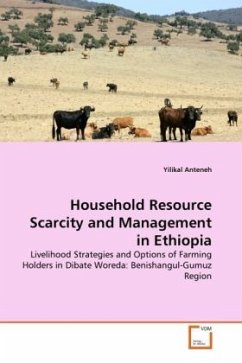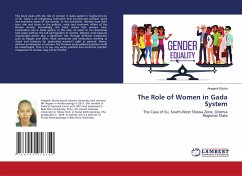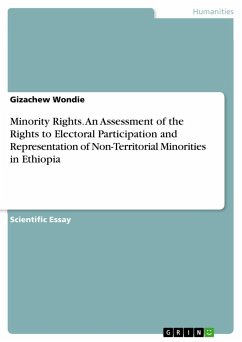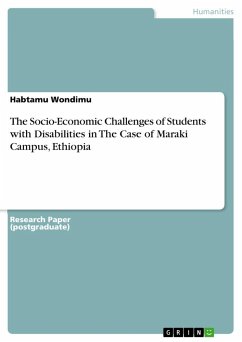Seminar paper from the year 2021 in the subject Sociology - Gender Studies, , course: Gender Equality, language: English, abstract: This study has been conducted on Guji Oromo peoples of Oromia Regional State, Addis Ababa and in south Ethiopia. It is true that many of the Ethiopian peoples culture and women history and the roles of society on women issues were not deeply studied and recorded in the history of the country. Among such peoples, Guji is the one which its peoples and gada system history had not yet been touched. Therefore, interest in this topic is originated from my intention to connect the Guji peoples', women's rigjts snd figure women's history and the roles of gada system and its unreserved works of promoting women rights through Siqqee system and other related activities in the study area are also briefly discussed and elaborated in an illustrative manner.Generally, the Guji Oromo women's' socio-cultural, politico-economical rights, status and positions in theirtraditional Gada system and women's difficulties in times ofEast Guji periodical drought is also discussed. I hope this important theme will serve as a guide for further researchs and investigations, and even to whom a person needs to know about the Guji people and women's rights, position, status and power in their community and their traditional Gäda system treatments towards them.

